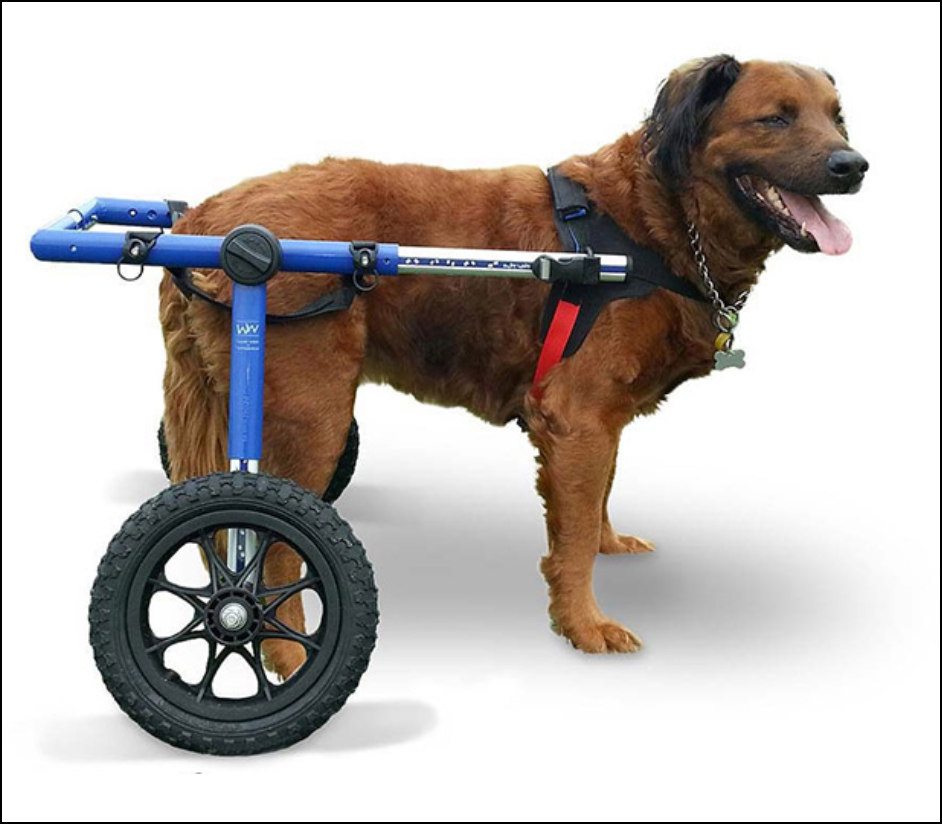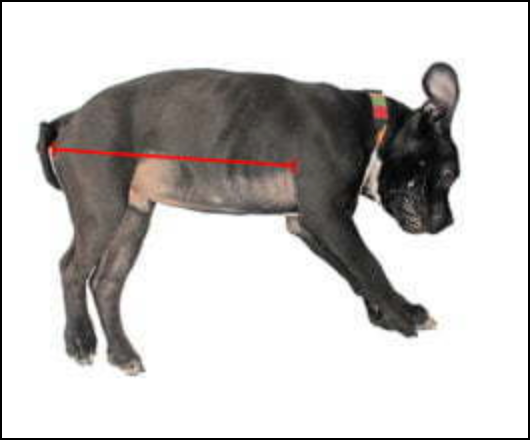Blog
Personalized Experiences
No one wants to buy a product that’s everything to everyone. We want to buy things that feel like they were uniquely made for us.
If the marketer can get into the head of the buyer and guess details the buyer has not revealed the copy will feel like magic.

We’re using two types of guesses to make the pitch feel personalized:
— Obvious guesses
— And creative guesses
To better understand let’s look at two examples.
Example 1
Handicappedpets.com sells dog wheelchairs:

What can we guess about someone buying a $369 dog wheelchair?
Obvious Guesses
— Their dog is experiencing difficulty moving.
— They are buying for someone who can’t communicate. This increases buying anxiety.
— Because the measurement is involved there will be some degree of anxiety around getting the measurement right.

— It’s obvious the user is thinking: “How is my dog doing to pee and poop when they are inside the wheelchair?”
Creative Guesses
— This is likely their first time buying a dog wheelchair. I can guess this because, in the last 10 years, I’ve only seen dogs in a wheelchair two times. It’s fair to say dog wheelchairs aren’t super common.
— Extending on the first creative guess; because this is the first time they are buying such a product, and because they will need to assemble it when they receive it, they will likely wonder “damn, I hope the assembly process isn’t a nightmare.”
— They care deeply about their 4 legged best friends. Wheelchairs are expensive. You wouldn’t be buying one if you didn’t care so much.
Use these creative guesses to craft your sales pitch.
Example 2
Imagine you make and sell your own jerky. Your store is called Jerky.com.
A shopper Googles “spicy premium jerky” and lands on this page:

This visitor has never heard of Jerky.com and has never bought jerky online (though they have had plenty of overpriced, crappy, store-bought jerky).
Let’s make some obvious guesses:
— They are looking to buy jerky.
— This shopper likes spicy stuff. Their search term had the phrase “spicy” in it.
— They’re price insensitive. Their search term had the phrase “premium” in it.
— They don’t understand Jerky.com’s definition of hot. Heat is a subjective term.
Now let’s make some creative guesses:
— They are bored with options at their local store and looking for something different online.
— They’re thinking, “What makes YOU better than the 5 other brands that are showing me their ads?”
— Jerky.com isn’t the biggest name in the world of jerky. That belongs to Krave (the #1 jerky brand). So this shopper may be thinking, “If you are so good how come I don’t see your name as often as I see Krave?”
By making and addressing these guesses the copywriter can create a more personalized experience for the shopper.
Did this Jerky.com example make sense? I really need to know! /
🙌
Uh oh! Let's get in touch so I can explain this better.
We'll talk soon!
Next Steps
Personalized experiences are just 1 of the 9 elements in our conversion copywriting checklist. The next item on that list is: People Want to Belong.



